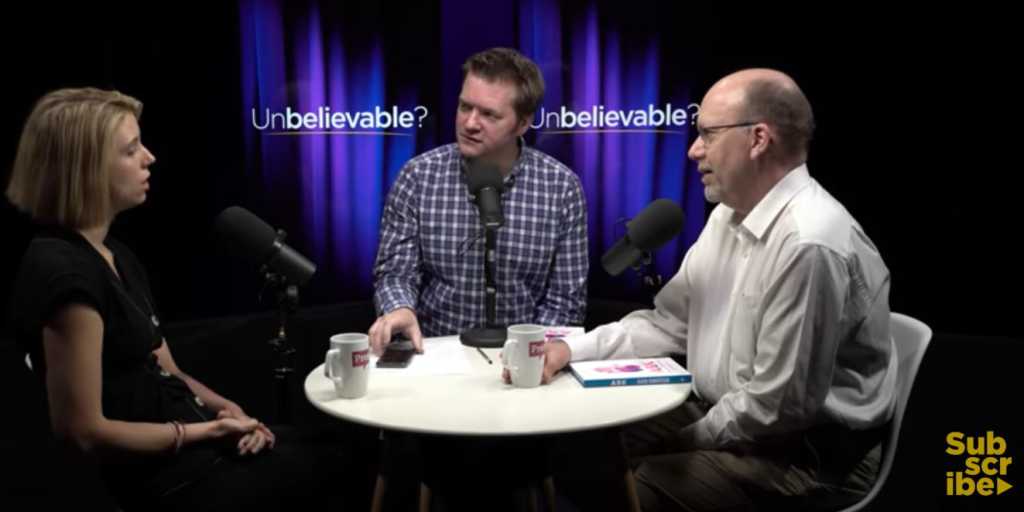A Christian minister and an avowed atheist have attempted to answer several questions about God. Uniquely, however, the questions were posed by children.
In an episode of Premier Christian Radio’s “Unbelievable” podcast, Rev. David Robertson, a Scottish reformed minister, was pitched against Hannah Timson, the President-Emeritus of “Humanist Students.” Interestingly, Hannah grew up in a Christian home and recalls “being involved in worship” and “believing in God” until she was around the age of 19.
A Theology and Religion graduate, Hannah talked candidly about not finding the answers she was looking for in the Christian faith and lamented being “told what to think,” which “turned her off” to religion.
“Certainly, I would encourage young people to be critical,” Hannah added. “Whether they come to the conclusion that Christianity is correct or not, they should be learning ‘how to think’ and not ‘what to think?'”
Robertson agrees. That’s why he’s written a new book, “A.S.K” — “Ask. Seek. Knock,” which is jam-packed with wisdom on the many questions that young people have about life, meaning and faith. All the questions contained in the book are genuine and come from teenagers “in fifteen countries in five different continents,” according to the book’s website.
So, what are some of the questions that young people have?
The first one comes from Sam and Libby, and it’s a tough one: “How was God created?”
“The answer beyond the Big Bang is that we really don’t know what happened,” Hannah responded, noting that she does not believe any God exists. “The reason I’m an atheist is that there is no evidence for what happened before the big bang. It’s not a bad question to ask, but the answer isn’t simple,” she noted, cautioning against a “God of the gaps” argument.
Citing Professor John Lennox, Robertson responded, “either your mind comes from uncreated matter, or it comes from a greater mind,” noting that he does not believe in an “infinite regress,” of a creator behind a creator behind a creator — instead, there must be one God, he argued.
“Also, I believe in revelation, Robertson added. “Ultimately, everything does come down to Jesus Christ.”
The next question comes from Oliver: “How does he handle all of the prayers? There are so many believers — how can he answer every single one of them?”
“How did Google do it?” Roberston replied. “This question is about the omniscience of God — God knowing everything.”
Ok, but what about prayers that contradict each other?
“Well, God is not a divine slot machine,” Robertson noted. “Prayer is relational. God will sometimes say “yes,” sometimes say “no” and sometimes say “wait.”
“But what is the point of prayer?” Timson asked. “If God has a plan for your life, if God already knows what’s going to happen before you’ve done it, it seems bizarre to me to ask God for something. Is God going to change his mind?”
Robertson noted that this exact subject was raised by one of the young people in his book. “I think there is a balance. On the one hand, people so stress the sovereignty of God that they think well what’s the point of doing anything,” he said. “And other people think, ‘if only I pray enough, I’m bound to get the answer,’ as if we can nag God into giving us what we want.”
So what is the way forward? Well, Robertson said, we need to be taught how to pray.. and we need to take our cue from Jesus Christ.
“A much more balanced and Christian perspective is to pray to a sovereign God.. who, in his sovereignty, has asked us to pray and who has promised to hear the prayers of his people,” Robertson added. “So, the emphasis is on the relational.”
Check out the rest of the questions in the full video above.



